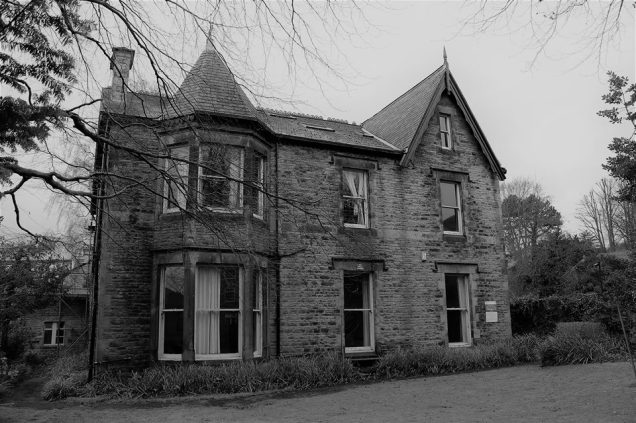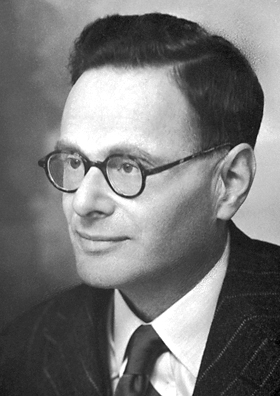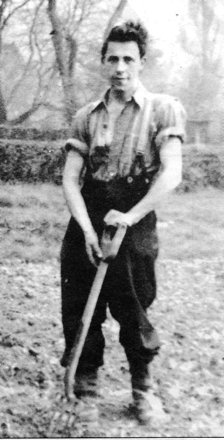An unassuming late-Victorian villa in a Sheffield suburb played host to a series of medical experiments performed upon a group of 34 conscientious objectors between 1940 and 1945. The group, all of whom had volunteered to take part in lieu of service in direct war work, were drawn mainly from the local area, but some arrived in Yorkshire from further afield.

The experiments, which variously saw the `guinea pigs’ undergo infection with Scabies, endure Vitamin-deficient diets and experience periods of water deprivation, were the brainchild of University of Sheffield academic Dr Kenneth Mellanby. Mellanby himself directed operations in the house, establishing a community of volunteers and sourcing furniture and bedding himself. Later, when Mellanby had received a commission in the Royal Army Medical Corps, Dr Hans Krebs, a German-Jewish refugee who had previously held a post at the University of Cambridge, assumed control of what became known as the Sorby Research Institute.

The experiments were authorised by the Medical Research Council, and many years later one of the volunteers, Norman Proctor, described the extreme discomfort of the Scabies experiment:
You could see the burrows under a microscope and a little lump were the eggs. It was extremely itchy. At night the men would get out of bed and walk around naked in the cold to stop the itching. The cure in the early days was awful. Another volunteer held you down in a very hot bath, then they rubbed you with sulphur ointment. It caused impetigo and other skin troubles. Later Dr Mellanby treated us with Benzyl Benzoate. My five mites had multiplied to 59 before they were cleared off. They were over my body. The results were published by the Medical Research Council. In those days many scientific things had still to be proven.

The information gleaned during the experiments was used to influence the diet and sanitation that members of the British, Canadian and American Armed Services experienced, the institute receiving many military medical visitors during its existence. However, concerns were raised by MPs who were opposed to the conduct of the war about the ethics of such experiments and the work of the institute came under the scrutiny of Cecil Wilson MP for Sheffield Attercliffe. Wilson challenged Ernest Brown, Minister of Health, in the House of Commons but later became supportive of Mellanby’s work after personally visiting the house and meeting the researchers and `guinea pigs’.
Mellanby paid tribute to the stoicism of the volunteers:
They have become more than simple passive guinea pigs…for they have taken an active part, co-operating with the work and this making possible experiments which have often been considered impracticable.
I myself am not a pacifist, but for three years I have lived and worked with these volunteers and I think it is possible for me to give a fairly detached view of them and of the contribution they have made to research and medicine. It will appear that the volunteers, except for their views on war, were a fairly normal selection with perhaps rather more virtues and rather less vices that the average members of the population, but for the most part they were in no way either saints or `cissies.’ Some were diligent, a few were bone idle. Most of them were of more than average intelligence. But in addition to their pacifist views (and these were by no means uniform) they had one thing in common throughout the long period through which they served as human guinea pigs. They co-ordinated the experimental work with complete trustworthiness and loyalty […] I think that this was a remarkable achievement on their part which deserves the highest praise.
A fuller account of the work of the Sorby Research Institute, much of it based on the papers of Kenneth Mellanby and Hans Krebs now held in the University of Sheffield Special Collections, can be found in my recent book Opposition to War: Conscience Resistance and Service in Britain, 1939-45

I would like to obtain permission to reproduce your photograph of 18 Oakholme Road in a history of vitamin C.
LikeLike
Yes Stephen that’s fine.
LikeLike
I also would like to obtain permission to reproduce your photograph of 18 Oakholme Road for a work on scabies.
LikeLike
Sure. With my best wishes.
John Broom.
LikeLike